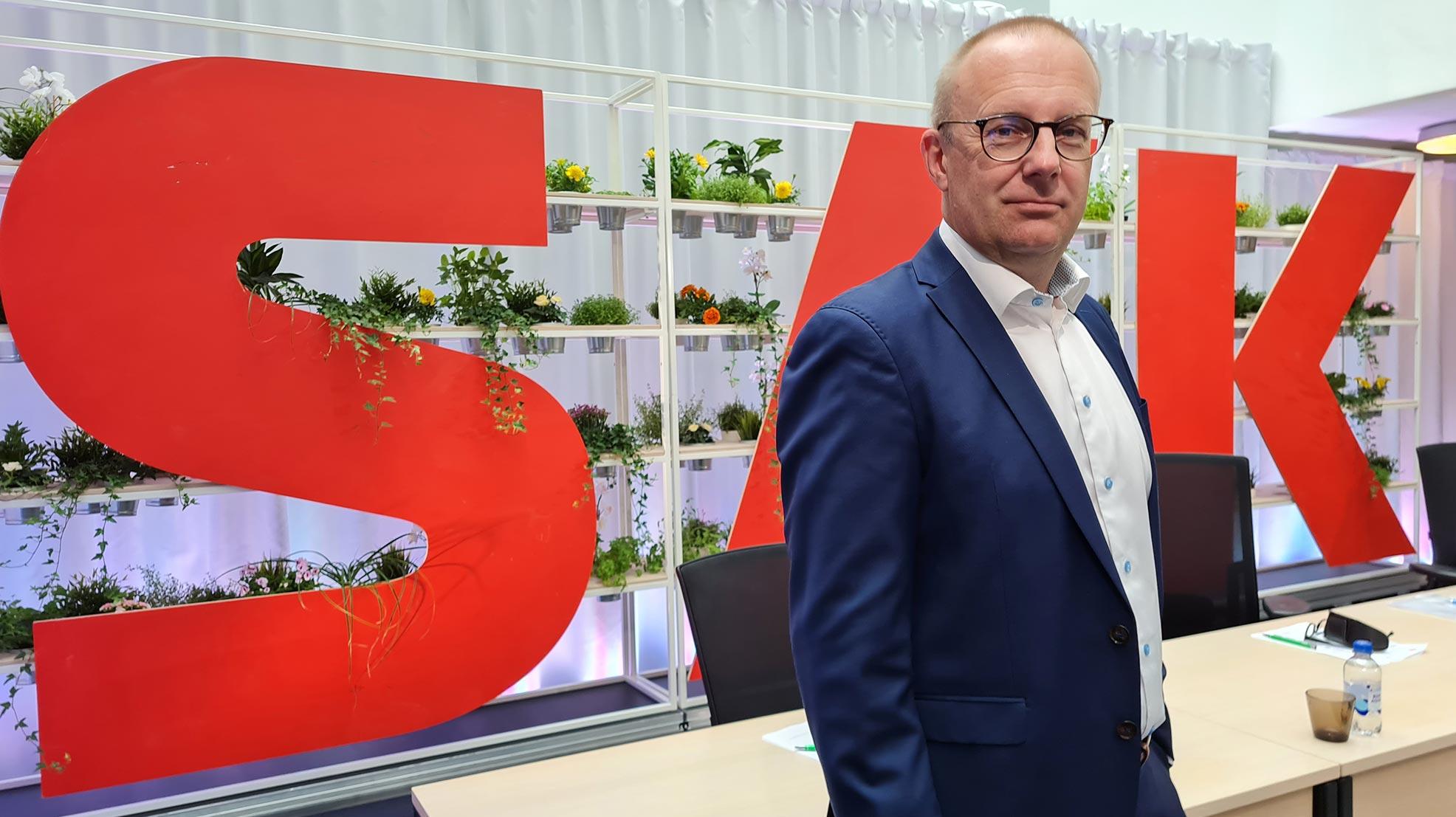
Photo: Maskot/Gorilla
SAK seeks to prevent abuses of labour and reinforce the status of collective agreements
The Central Organisation of Finnish Trade Unions (SAK) is seeking to strengthen the position of employees during the term of the new Finnish Parliament that begins in 2023. The main objectives of SAK are to eradicate labour market crime and reinforce the collective bargaining system.
SAK President Jarkko Eloranta explains that the last couple of years have shown that labour abuse is not a marginal phenomenon in Finland. Several cases have come to light involving the exploitation of young employees and migrant workers in cafés, restaurants, market gardens and other workplaces.
“Underpayment is not a punishable offence, nor are there any other adequate instruments for tackling work-related exploitation. We need to improve the status of victims and develop effective remedies rapidly,” Jarkko Eloranta insists.
SAK is seeking additional ways for public authorities and trade unions to address grievances. A right of collective legal standing must be enacted in the next parliamentary term enabling a trade union to take legal action on behalf of an employee. This is important when victims lack the courage or capacity to file suit independently.
“Legislation should favour the victim. For example, statutes of limitation and time limits for bringing legal action are too short. Settling work-related exploitation and related working time disputes is an exceptionally difficult and time-consuming process,” Jarkko Eloranta points out.
It is time to strengthen the universal applicability of collective agreements
SAK insists that minimum pay, terms and conditions of service and employee protection must be ensured through comprehensive collective agreements and a high standard of labour legislation. The universal applicability of national collective agreements should be strengthened in the collective bargaining system, as it provides security for all employees in an industry.
Organised employees at all workplaces must have the right to elect a shop steward to serve as their representative in accordance with the collective agreement.
“This is not currently happening at all workplaces, and so the law should be changed,” SAK President Jarkko Eloranta explains.
Though not opposed to local collective bargaining in principle, SAK insists that this should not become a means of diluting working conditions. The framework for local collective bargaining – such as the scope of any agreement and the parties involved – must accordingly continue to be set out in collective agreements. These agreements already provide many opportunities for local collective bargaining that are not always applied at workplaces.
Other SAK objectives include managing the psychosocial demands of work, tightening the conditions for using temporary labour, and improving training opportunities for low-income and low-skilled workers. The detailed SAK objectives for the 2023–2027 parliamentary term are available in English at vaalitavoitteet.fi/en.
Parliamentary elections will be held in Finland on 2 April 2023.
